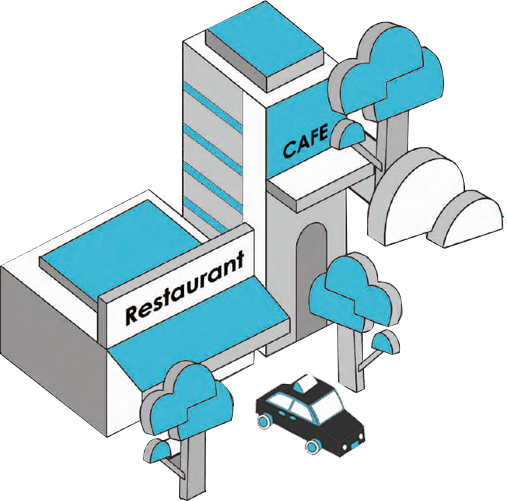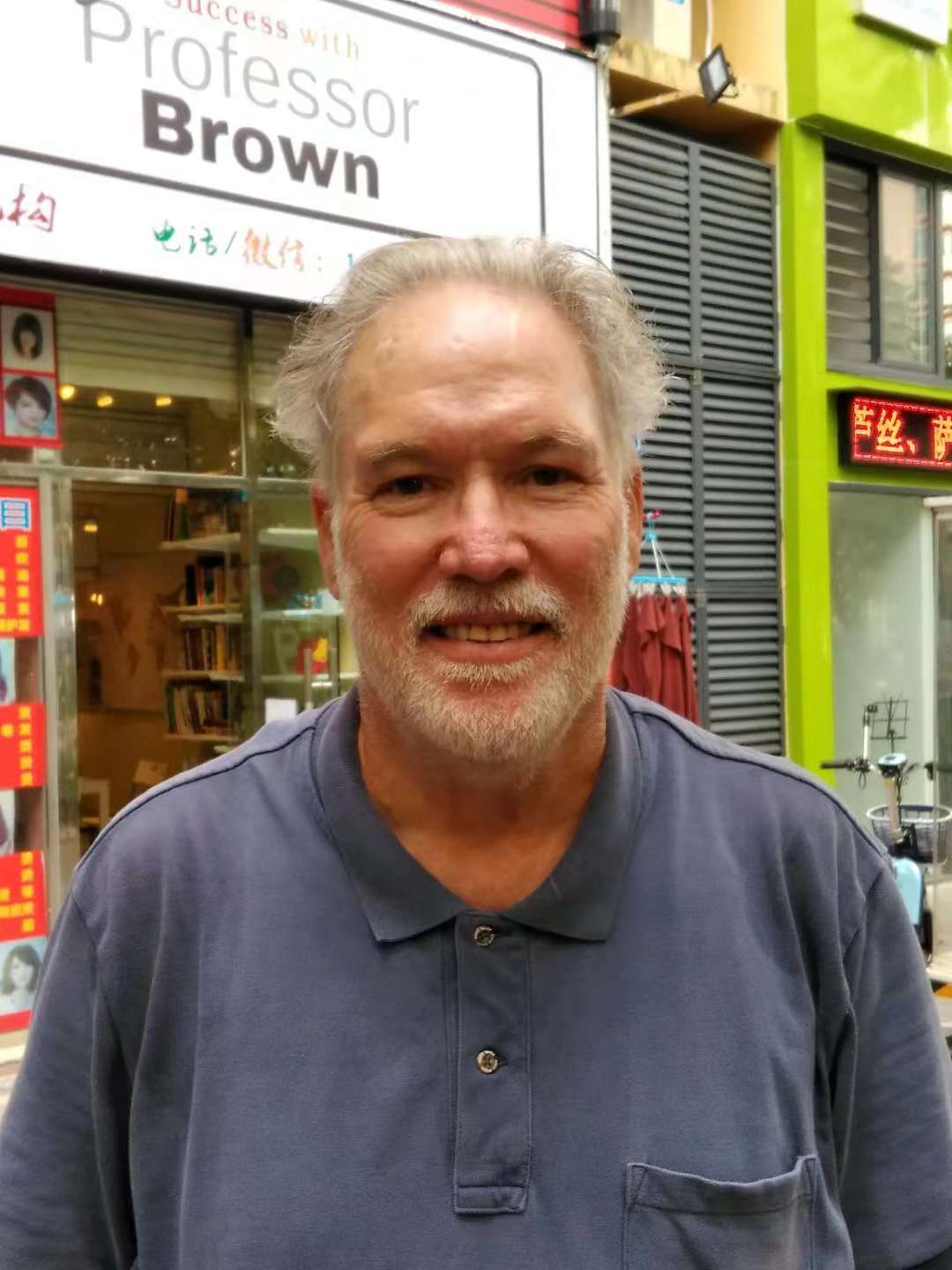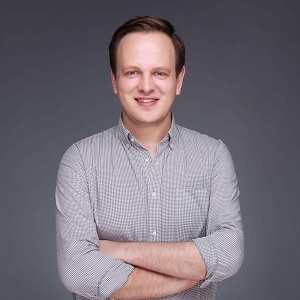Guide in SHENZHEN
Growing your Startup in Shenzhen
/ Live at Shenzhen / Startup at Shenzhen /



Guide in SHENZHEN
Growing your Startup in Shenzhen
/ Live at Shenzhen / Startup at Shenzhen /

Growing your Startup in Shenzhen
/ Live at Shenzhen / Startup at Shenzhen /

Case Studies

Case studies


Case Studies

Case studies

